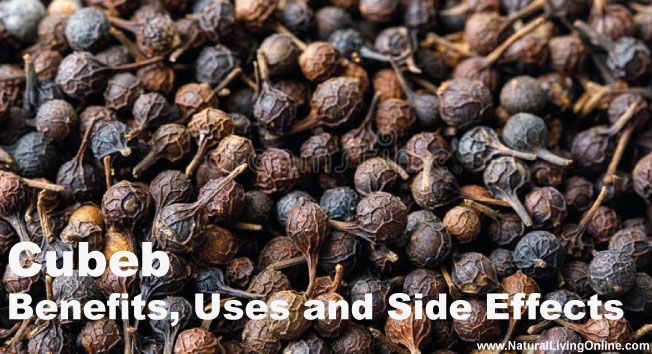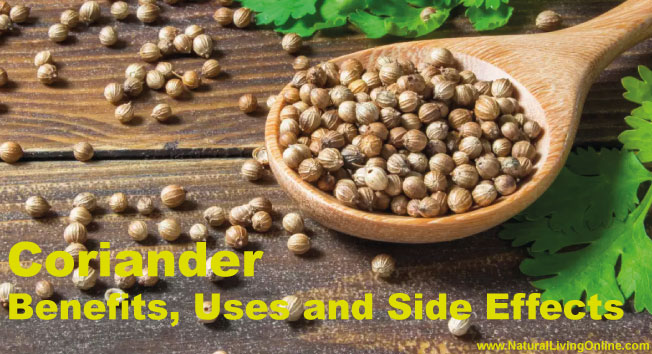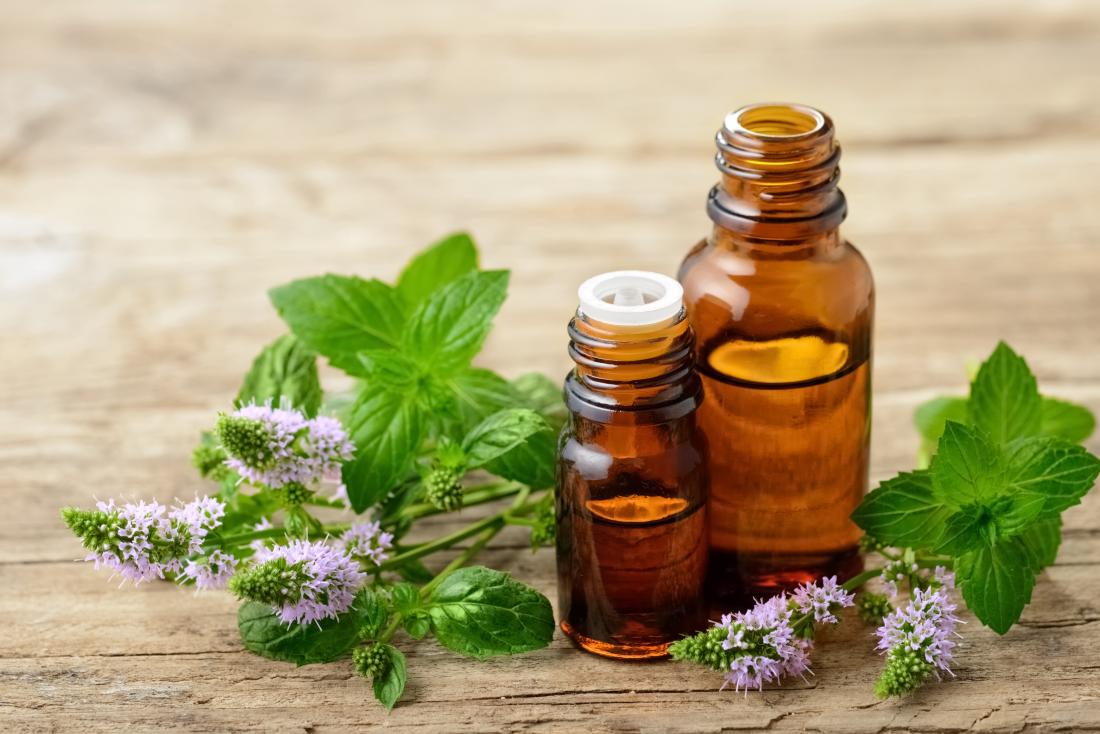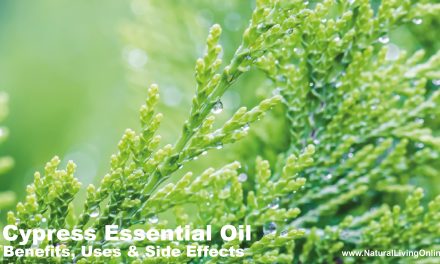Opoponax also known as sweet myrrh, is a flowering plant that grows in Africa and the Middle East. The oil is distilled from the gum of the tree and has a sweet, smoky aroma. It is used in perfumes, soaps, candles and incense. Opoponax essential oil has a wide range of benefits including:, reducing stress and anxiety, boosting immunity, reducing inflammation, promoting digestion, supporting respiratory health.
Opoponax essential oil is also effective in treating skin conditions such as acne, eczema and psoriasis. When used topically, it can help to speed up the healing process of wounds and burns.
Essential Oil Profile / Monograph
Botanical Name: Opopanax guidottii
Common Names: Opoponax, Sweet Myrrh
Plant Family: Burseraceae
Countries of origin: Ethiopia, Somalia
Extraction Method: Steam Distillation
Parts Used: Resin from the Tree
Essential Oil smell: Warm, Sweet and Spicy scent with a Smoky undertone
Essential Oil Color: Pale yellow to amber
Viscosity: Medium
Perfumery Note: Base
Strength of Aroma: Strong
Blends Well With: Cypress, Frankincense, Benzoin, Lavender, Mandarin
Therapeutic Properties: Antidepressant, anti-inflammatory, antispasmodic, expectorant, immunostimulant, sedative
Uses: Acne, anxiety, colds, coughs, digestion problems, eczema, inflammation, psoriasis, wounds
Contraindications: None known
Side Effects: Rare side effects can include skin irritation and sensitization. If you experience any adverse reactions, discontinue use and consult a healthcare professional.
Types: Pure, Natural
Chemical Constituents: α-terpineol (35%), myrcene (20%), limonene (11%), α-pinene (10%)
What is Opoponax?
The Opoponax tree is a flowering plant that grows in Africa and the Middle East. The tree can grow up to 15 feet tall and has small, white flowers. The resin from the tree is used to make essential oil.
Benefits
– Reducing stress and anxiety
– Boosting immunity
– Reducing inflammation
– Promoting digestion
– Supporting respiratory health
Opoponax essential oil is also effective in treating skin conditions such as acne, eczema and psoriasis. When used topically, it can help to speed up the healing process of wounds and burns.
Uses
Opoponax essential oil can be used in a variety of ways including:
Aromatherapy: Add a few drops of opoponax oil to a diffuser or burner to enjoy its calming, stress-relieving effects.
Topical use: Mix opoponax oil with a carrier oil such as jojoba oil and apply it to the skin. It can be used to treat acne, eczema, psoriasis and other skin conditions.
DIY recipes: You can add opoponax oil to homemade soaps, candles, perfumes and other products.
Historical use
Opoponax has been used for centuries in traditional African medicine for its wide range of benefits. It was used to treat anxiety, boost immunity, reduce inflammation and promote digestion. Opoponax was also used topically to treat skin conditions, wounds and burns.
Topical use
Opoponax essential oil can be used topically to treat a variety of skin conditions such as acne, eczema, psoriasis and wounds. It can also help to speed up the healing process of burns and cuts. To use opoponax oil topically, mix it with a carrier oil such as jojoba oil and apply it to the affected area.
Opoponax essential oil benefits for skin
Opoponax essential oil is beneficial for the skin due to its anti-inflammatory and antispasmodic properties. It can help to reduce inflammation and soothe irritated skin. It is also effective in treating acne, eczema and psoriasis. When used topically, it can help to speed up the healing process of wounds and burns.
Opoponax essential oil benefits for hair
Opoponax essential oil can also be used to promote healthy hair growth. It has antiseptic and anti-inflammatory properties that can help to reduce scalp irritation and dandruff. It can also help to strengthen the hair shaft and prevent split ends.
Aromatherapy
Opoponax essential oil can be used in aromatherapy to relieve stress and anxiety. It has a calming, grounding effect that can help to ease tension and promote relaxation. It can also boost your mood and improve your sleep quality. To use opoponax essential oil in aromatherapy, add a few drops to an diffuser or burner.
Diffuser blends for aromatherapy with Opoponax Oil
Stress relief: Add 3 drops of opoponax, 3 drops of lavender and 3 drops of chamomile, essential oils to your diffuser.
Immunity booster: Add 2 drops of opoponax, 2 drops of eucalyptus and 2 drops of rosemary essential oils to your diffuser.
Digestion aid: Add 4 drops of opoponax and 4 drops of ginger essential oils to your diffuser.
Skin soother: Add 3 drops of opoponax and 3 drops of lavender essential oils to your diffuser.
Wound healer: Add 3 drops of opoponax, 3 drops of lavender and 3 drops frankincense essential oils to your diffuser.
Burn relief: Add 4 drops of opoponax and 4 drops of lavender essential oils to your diffuser.
Relaxation: Add 3 drops of opoponax, 3 drops of lavender and 3 drops of ylang ylang essential oils to your diffuser.
DIY recipes with Opoponax Oil
Soothing body lotion
Mix together 1 cup of shea butter, 1/4 cup of coconut oil, 1/4 cup of jojoba oil and 10 drops of opoponax essential oil. Whip the mixture until it is light and fluffy. Store in a jar and apply to your skin as needed.
Relaxing bath bomb
Mix together 1 cup of baking soda, 1/2 cup of citric acid, 1/2 cup of epsom salt, 1/4 cup of cornstarch and 10 drops of opoponax essential oil. Add the mixture to a mold and let it harden. Drop into your bathtub for a relaxing experience.
Calming pillow spray
Mix together 1 cup of distilled water, 1/4 cup of witch hazel, 10 drops of opoponax essential oil and 10 drops of lavender essential oil. Store in a spray bottle and spritz onto your pillow before bedtime.
Stress relief massage oil
Mix together 1/4 cup of carrier oil, such as jojoba oil, 10 drops of opoponax essential oil and 10 drops of lavender essential oil. Massage into your skin as needed.
Wound healing salve
Mix together 1/4 cup of coconut oil, 1 tablespoon of beeswax, 10 drops of opoponax essential oil and 10 drops of lavender essential oil. Store in a jar and apply to cuts and scrapes as needed.
Frequently Asked Questions
Who should not use Opoponax oil?
Pregnant women and young children should not use opoponax oil. If you are pregnant or breastfeeding, please consult your doctor before using any essential oils.
Does Opoponax oil interact with any medicine?
Opoponax oil may interact with certain medications. Please consult your doctor before using essential oils if you are taking any medication.
Can you use Opoponax oil everyday?
Yes, you can use opoponax oil every day. However, it is best to start with a small amount and increase gradually as needed.
Is it OK to breathe in Opoponax oil?
Yes, it is safe to inhale opoponax oil. It can be used in a diffuser or added to a carrier oil and applied topically to the chest.
How much Opoponax oil daily is safe?
The recommended dosage of opoponax oil is 2-3 drops per day.
Does Opoponax oil raise blood pressure?
No, opoponax oil does not raise blood pressure.
Can I directly use Opoponax oil on skin?
Yes, you can apply opoponax oil directly to your skin. However, it is always best to do a patch test first to make sure you are not allergic to the oil.
Is Opoponax oil good for hair?
Yes, opoponax oil can help improve the health of your hair.
Is Opoponax Essential Oil safe for kids?
Opoponax essential oil is generally safe for kids. However, it is always best to consult a doctor before using any essential oils on children.
Is Opoponax oil safe for cats and dogs?
Yes, opoponax oil is safe for cats and dogs. However, it is always best to consult a veterinarian before using any essential oils on pets.
References:
Identification of Essential Oils with Strong Activity against Stationary Phase Borrelia burgdorferi
This website does not provide medical advice.
All information provided on this website, and on associated social media networks, including but not limited to texts, images, and numbers are for general information purpose only. It is not intended as medical advice and it does not include all possible precautions, side effects, or interactions that may occur. Neither NaturalLivingOnline.com nor its author/founder take responsibility for how you use this information. Statements contained on NaturalLivingOnline.com have not been evaluated by the FDA. You should conduct thorough research via multiple sources and consult your physician or qualified doctor before using any essential oil or herbal remedy. Information on NaturalLivingOnline.com must not be relied upon for medical, legal, financial or other decisions.













